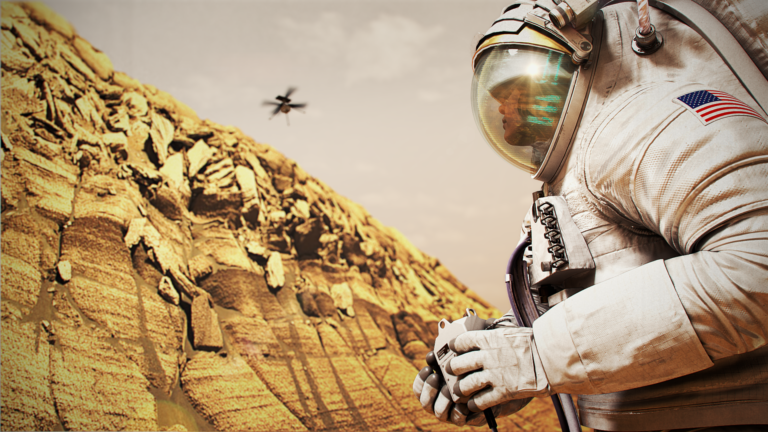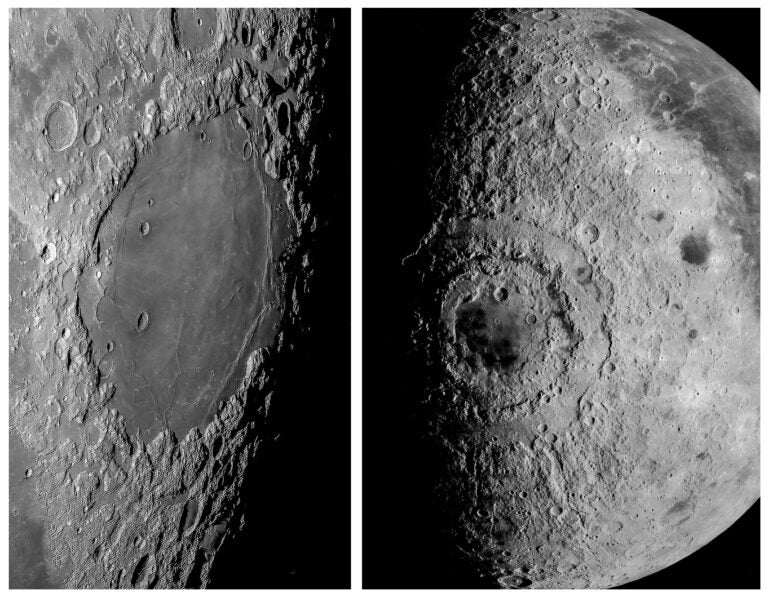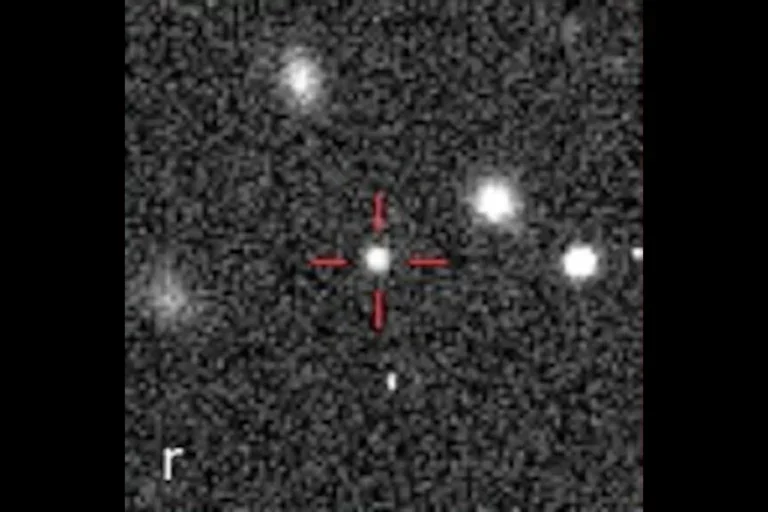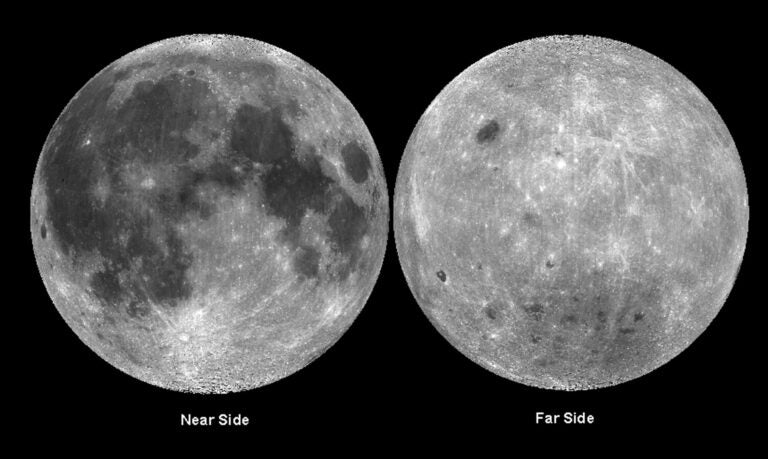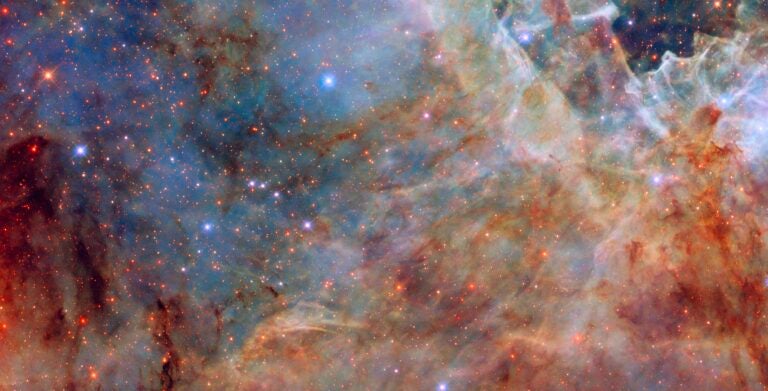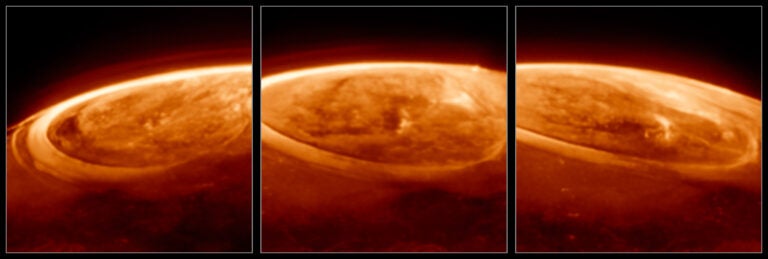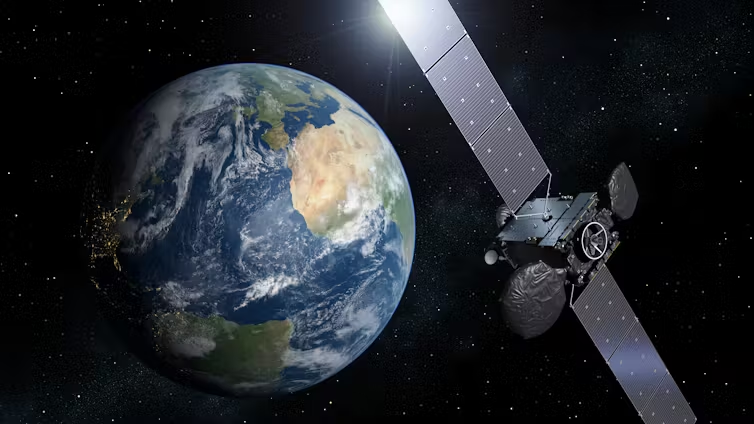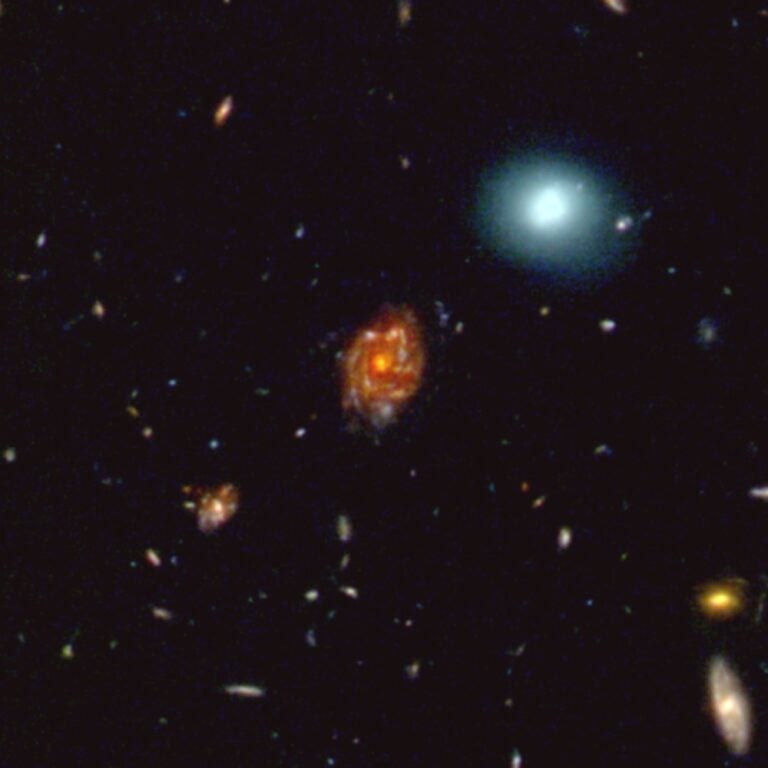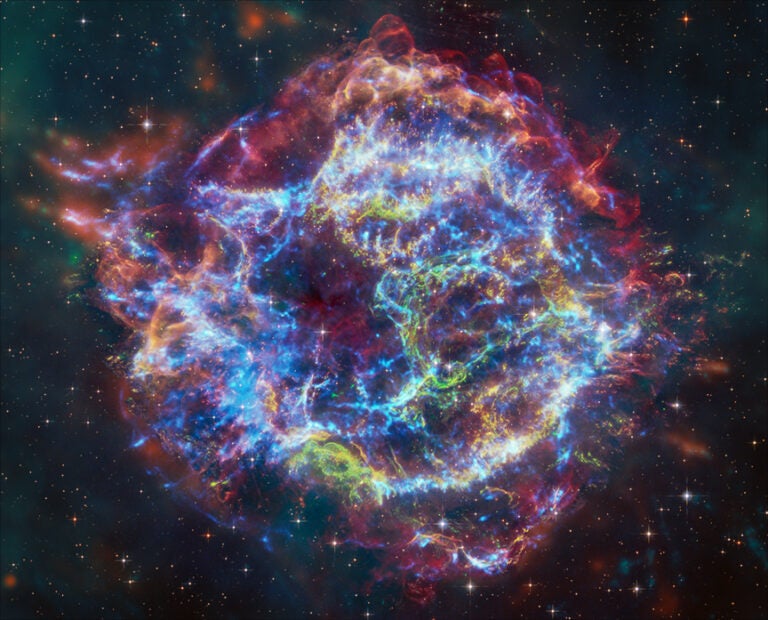In the spring of 2020, after George Floyd was murdered by a Minneapolis police officer and Breonna Taylor was shot by police in her Louisville apartment, planetary astrochemist Ashley Walker began tweeting under the hashtag #BlackInAstro. Walker, a graduate student at Howard University, contributes to the student-led blog Astrobites and had recently pitched her fellow writers on running a series of posts about Black experiences in astronomy. As protests calling for racial justice and equity swept the U.S., her idea took on even more urgency.
The result was the first #BlackInAstroWeek in June 2020, including daily posts at Astrobites highlighting Black astronomers. The campaign went viral and attracted attention from media outlets like Scientific American. For Walker, it showed there was a pent-up demand to hear these stories — and to create spaces to tell them.
“For the longest time, I had been wanting to tell these stories,” she tells Astronomy. “I’m really grateful that I got the chance to tell these stories, and not just to tell the stories of the lives of Black people, but to understand and actually see progress, whether it’s really big, or very minuscule progress.”
The field of astronomy certainly has a long way to go. A 2007 survey found Black astronomers made up about 1 percent of the field. And the situation has not markedly improved since then. According to statistics from the National Science Foundation, roughly 300 astronomy and astrophysics Ph.D.s are awarded by U.S. universities and institutions every year. Out of those, over the past five years, the average number of astronomy Ph.D.s awarded to Black students is two.
But BlackInAstro organizers are determined to change the situation, and their activism is making an impact.
Now in its third year, Black In Astro Week (also known as Black Space Week) has grown to encompass online panels, discussions, and spaces for conversation. And it has the attention of the entire astronomical community — as reflected by the reception organizers received last week at the American Astronomical Society (AAS) summer meeting in Pasadena. (The day the meeting opened, Walker also co-published a Q&A in Nature Astronomy.)
More than ever, people in positions of power within astronomy are reaching out to better understand how their leadership could become allyship, said Walker. “I have not received this — this love at any AAS,” she said.
“Yeah, I don’t think we’ve ever felt so in demand,” said KeShawn Ivory, an astronomy graduate student at Vanderbilt University. “Or appreciated,” added Walker.
In between appointments at the AAS meeting, Black In Astro organizers took the time to sit down with Astronomy to talk about Black Space Week and run down this week’s programming.
Black Space Week kicked off Sunday, June 19, with a celebration of Juneteenth and an online roll call under the hashtags #BlackInAstroRollCall and #BlackSpaceWeekRollCall.
Monday featured a series of online panels focusing on space entrepreneurship and space law, reaching beyond the world of academic professional astronomy to engage with the implications of underrepresentation at a policy level. It is crucial that Black people and people of color have a voice in how the regulatory and political structures of space are crafted, say organizers.
“How do we not reproduce all of the social ills that we’ve made on Earth in space?” said Ivory. “How do you get space to not recreate global hegemony?” These are questions that we have to ask, said Ivory, “or else, we’re gonna go wrong — like, very wrong.”
Tuesday focuses on professional development under the hashtag #AstroWorld, with a panel featuring postdoctoral fellows Samaiyah Farid, Eileen Gonzales, and Carl Fields at 1 P.M. EDT. There is also a job fair with representatives from universities, museums, and NASA at 4 P.M. EDT.
Wednesday is #BlackToTheFuture day, a celebration of two towering influences on modern science fiction: pioneering author Octavia Butler and Afrofuturism. The featured artist is Joann “Paradigm” Roberts, an MC, poet, and astronomer, who will offer a tribute to Butler and a poetry reading at 8 P.M. EDT.
Thursday’s theme is #MarvelousMissions, with a panel on space missions scheduled for 6:15 P.M. EDT. Panelists will include Tracy Drain, a veteran of multiple NASA robotic missions and lead flight systems engineer for the upcoming Europa Clipper mission; and Andrea Bryant, an astrophysicist working on NASA’s upcoming Dragonfly mission to Titan.
Friday is #FluidFriday, with Ivory hosting a free-flowing conversation at 12 P.M. EDT on Twitter Spaces, the platform’s audio chat feature.
“We wanted to do Fluid Friday because there’s so many identities that we hold on top of just being Black in Astro,” said Ivory. “So the first thing we kind of thought of was, OK, it being Pride Month, some of us are also Black and queer in Astro, [like] myself, Ashley. And then we kind of kept thinking, there’s Black and disabled, Black and chronically ill — I am also chronically ill. … And I thought that we should hold some kind of space for that.”
Ivory says it will be a space where people can be open and honest. “I’ll probably say something like, ‘Hey, being me is low-key really hard. And I don’t act like it all the time, because I like to smile and laugh. And I like to have fun. But it’s kind of really difficult to balance all the things that I balance — being queer and Black and chronically ill and doing astronomy, like, it’s a lot.’ [It’s] giving space for people to talk about that and to not tell them that, you know, ‘This is not the place, it’s not the time.’”
The day wraps up at 5 P.M. EDT with a showing of the 1990 documentary Paris Is Burning, an examination of New York City’s 1980s ball culture.
Black Space Week finishes on Saturday with #ForTheCulture, featuring a panel at 12 P.M. EDT on cultural astronomy and viewing the history of astronomy through the lens of the African diaspora. Speakers include Ethiopian physicist and astronomer Abebe Kebebe; South African astronomer and entrepreneur Tana Joseph, currently at the University of Amsterdam; and Moiya McTier, who, as an undergraduate, became the first person to ever double major at Harvard in astronomy and folklore.
For Walker, spotlighting cultural astronomy is part of capturing the Black astronomy community in its fullness. “Because if we talk about the entire astronomy communities, these stories, these origins come from people of color, [people] from Africa,” she said. “And we need to pay homage to people that have been doing this work.”
Bringing together people from so many areas of the space sector — both to share their experiences and to identify as allies — is powerful, said Ronald Gamble, a theoretical astrophysicist at NASA’s Goddard Space Flight Center in Greenbelt, Maryland. “We already have a network established. But seeing the impact of that brings excitement.”


